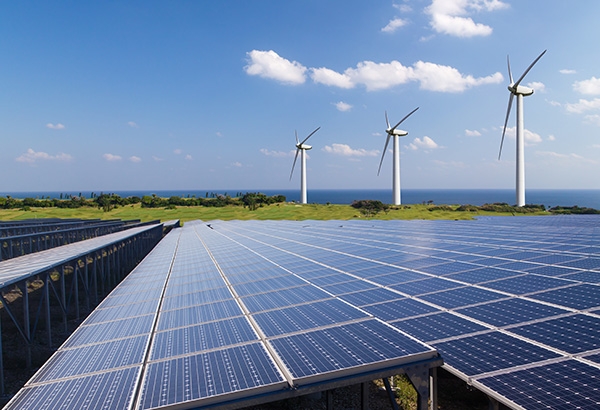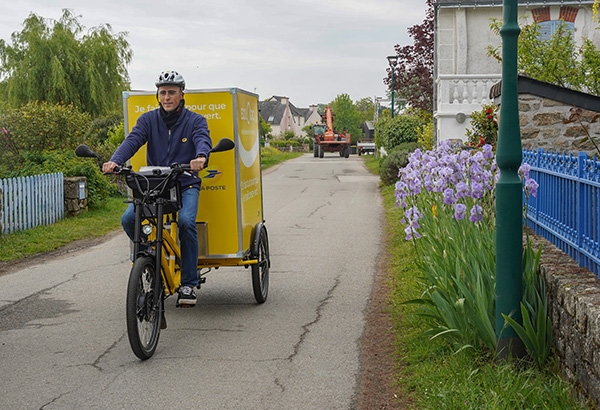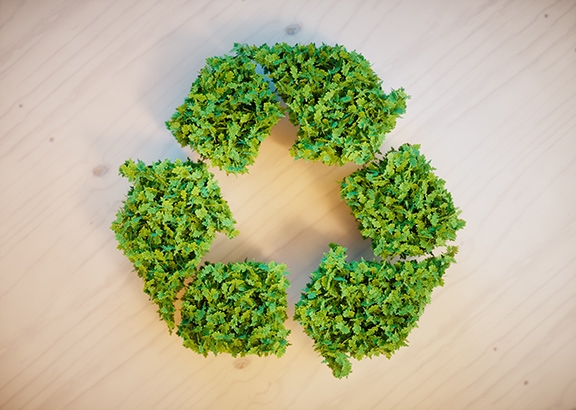Strengthening its positive impact and commitment to society
By adopting the status of mission-driven company in 2021 and giving itself a « raison d'être », La Poste intends to strengthen its role as a leader in ecological transformation and its positive impact on society. In addition to meeting the needs of its customers (businesses, local authorities and citizens), La Poste also wants to support them in their own ecological transition.
La Poste group has made supporting the ecological transition a priority in its strategic plan "La Poste 2030, committed to you". Faced with the urgency of climate change, the Group is capitalising on more than 20 years of actions in favour of the environment to involve its customers and generate a positive impact.
Today, the Group is even spearheading the ecological transition, with all its actions recognised by extra-financial rating agencies.
A committed environmental policy
Our environmental policy is based on the principles of sustainable development and covers four priority issues: climate and energy management, air and noise pollution, the circular economy and the rational management of resources, and biodiversity.
The group's environmental policy covers four priority issues climate change and energy management, air and noise pollution, the circular economy and responsible resource management, and biodiversity.
Committing to climate change and energy management
To achieve its goal of 'zero net emissions' by 2040, La Poste group is stepping up its efforts to reduce the carbon footprint of its activities.
Optimisation of transport and logistics plans, decarbonisation of delivery, electrification of fleets, cyclologistics, as well as sustainable property and responsible finance are its main levers.
The Group is also contributing to the development of carbon sequestration projects in France in order to combat climate change, help protect biodiversity and prepare for the adaptation and resilience of local areas.

Taking action against air and noise pollution
To meet the challenges of sustainable cities and combat atmospheric pollution at a local level, La Poste group is innovating.
Its urban logistics business is focusing on soft mobility and more efficient engines, while lowering acceptable atmospheric and noise emission thresholds.

Committing to the circular economy and the rational management of resources
La Poste group encourages the development of new models of consumption and production that promote sobriety and the rational management of the planet's resources.
For itself and for its customers, it is implementing numerous solutions, particularly in the areas of second-hand purchases, re-use, repair and recycling.

Committing to biodiversity
La Poste group has made the biodiversity of ecosystems one of the pillars of its responsible development strategy to reduce its footprint, regenerate ecosystems and reconnect with living organisms. The aim of its commitment is to integrate the challenges of preserving ecosystems and living organisms into all its environmental considerations.
In 2021, the Group has defined its biodiversity policy, with 3 objectives: to measure its footprint, to reduce pressures and to mobilise citizens in favour of biodiversity in urban and rural areas.

(1): Thresholds that mankind must not exceed in order to keep living in good conditions and maintain a healthy ecosystem.
